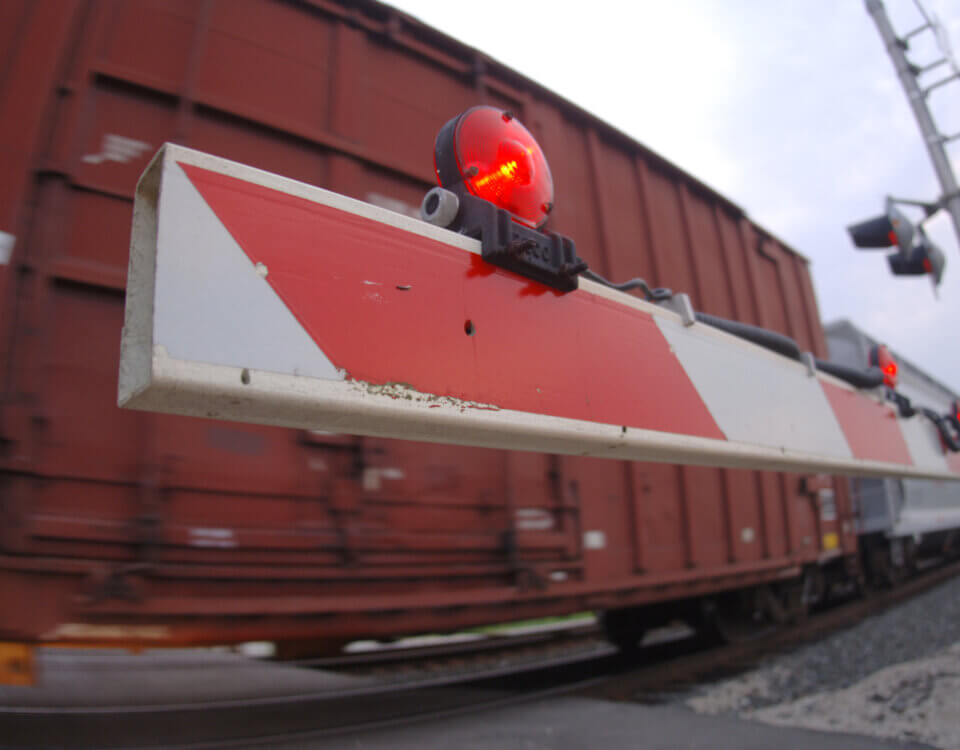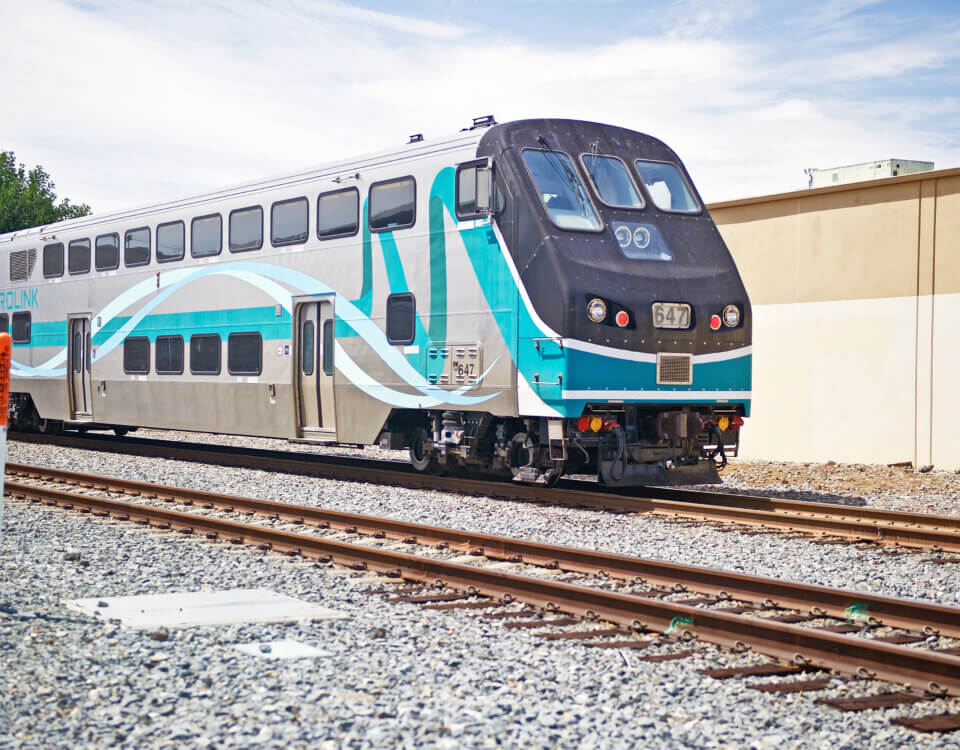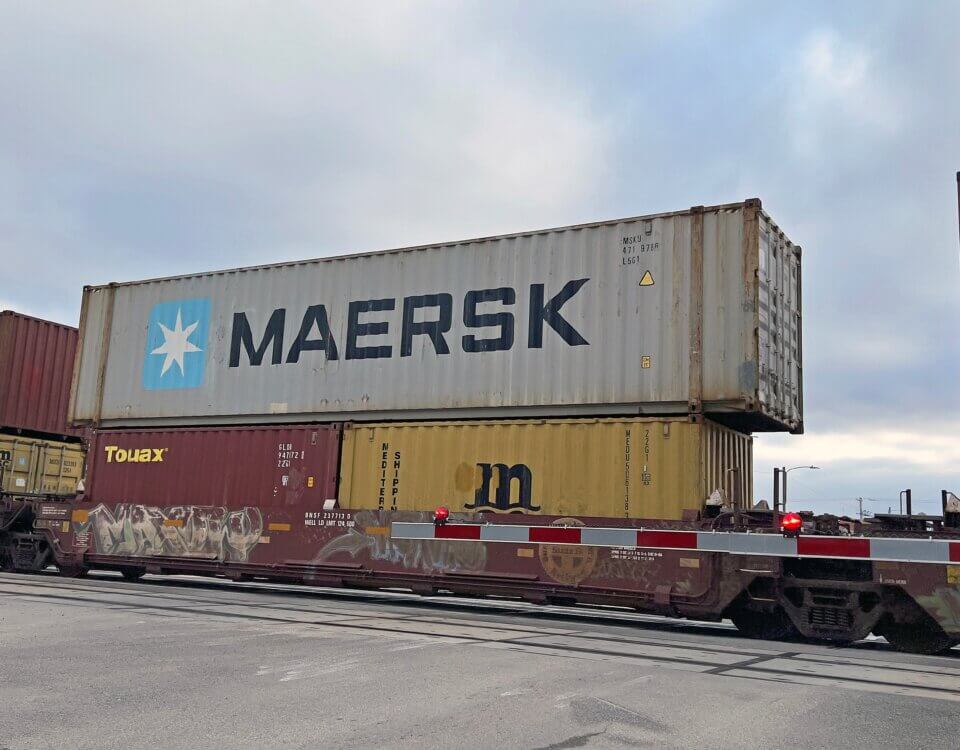Trains have long been valued as one of the most efficient and environmentally friendly modes of transportation. They move millions of tons of cargo and countless passengers each year while maintaining a smaller carbon footprint than many other forms of travel. Yet, behind this efficiency lies a risk that is often overlooked the devastating consequences of train derailments.
Though not an everyday occurrence, train derailments can cause lasting harm to both the environment and the people affected. From soil and water contamination to catastrophic injuries and fatalities, these accidents highlight the urgent need for strong safety measures, effective emergency response plans, and strict regulatory oversight. At Hillstone Law, we are committed to protecting the rights of derailment victims and ensuring they receive the justice and compensation they deserve.
Understanding Train Derailments
Train derailments occur when a train runs off its tracks, which may result from:
- Track defects or poor maintenance
- Mechanical failures
- Operator negligence
- Extreme weather conditions
- Transportation of hazardous materials
According to the Federal Railroad Administration (FRA), hundreds of derailments happen in the U.S. each year despite advancements in rail safety. While some may cause minimal damage, others result in large-scale disasters with profound human and environmental consequences.
Environmental Consequences
The environmental impact of a train derailment can be both immediate and long-lasting:
- Chemical and Oil Spills: Freight trains carrying hazardous substances pose a serious risk of soil and water contamination when derailed. Spilled chemicals can seep into waterways, destroy ecosystems, and threaten public health.
- Habitat Destruction: Physical damage from derailments often alters drainage systems, destroys vegetation, and disrupts wildlife habitats.
- Air Pollution: Fires triggered by spilled fuel or chemicals release toxic pollutants, worsening air quality and exposing nearby residents to dangerous substances.
- Long-Term Contamination: Some derailments leave behind contamination that lingers for years, threatening food chains and local biodiversity. In severe cases, full environmental restoration may be impossible.
Human Impact of Train Derailments
Beyond environmental damage, derailments often have catastrophic consequences for people. Victims may suffer:
- Severe physical injuries
- Exposure to toxic chemicals leading to respiratory problems, skin and eye irritation, or long-term illnesses
- Psychological trauma, including PTSD, anxiety, and depression
- Wrongful death in the most tragic cases
The extent of the harm often depends on the train’s speed, the type of cargo involved, and how close the derailment occurs to populated areas.
Legal Rights and Compensation
If you or a loved one has been injured or made ill due to a train derailment, you may have the right to pursue compensation for:
- Medical expenses and future care
- Lost wages and reduced earning capacity
- Pain and suffering
- Emotional distress and psychological counseling
- Wrongful death damages for surviving family members
Insurance companies and rail corporations often fight aggressively to minimize payouts. That’s why it is crucial to work with attorneys who understand the complexities of derailment cases.
How Hillstone Law Can Help
At Hillstone Law, we know the devastating impact a train derailment can have on victims and their families. Our experienced train accident attorneys will:
- Investigate the derailment to determine liability
- Work with experts to build a strong case
- Handle negotiations with insurance companies and rail corporations
- Fight for the maximum compensation you deserve
If you or a loved one has been affected by a train derailment, contact Hillstone Law today for a free consultation. Let our skilled legal team stand by your side and help you move forward after such a catastrophic event.



